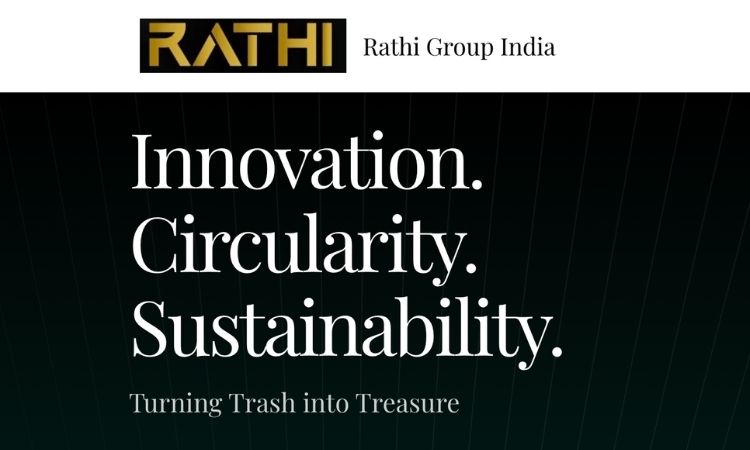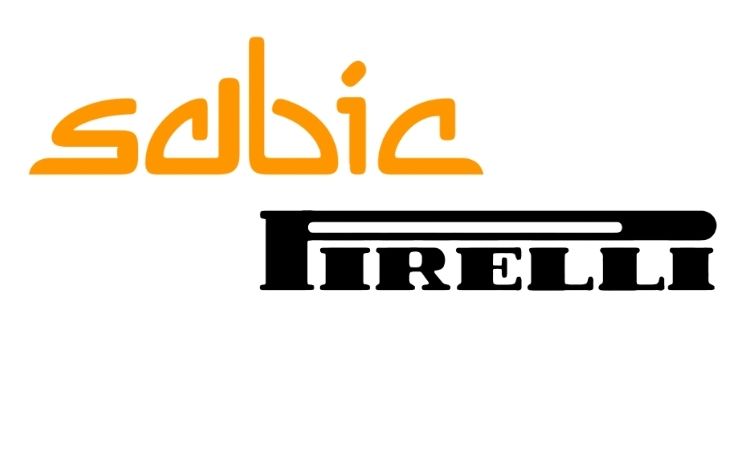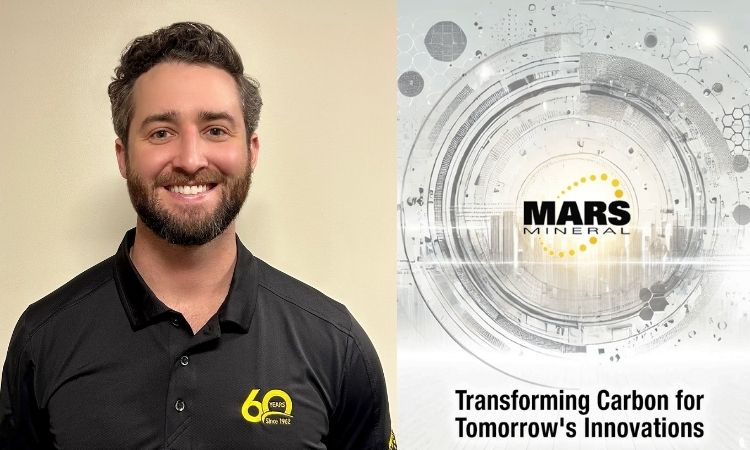TSA collaborates with local communities to accelerate OTR tire recovery in Australia
In the end of June 2023, Tyre Stewardship Australia (TSA) released two reports which provide best practice engagement principles for use by industry, government and Indigenous Peoples and Local Communities to increase resource recovery of Off-The-Road (OTR) rubber products such as tires, conveyor belts and tracks.
This is a clear set of principles for OTR rubber resource recovery which recognises and accounts for the needs and expectations of Indigenous Peoples and Local Communities (IPLCs).
The recovery of OTR rubber products – such as tires, conveyor belts and tracks – represents significant opportunities for regional, rural and remote communities to reduce environmental risks for future generations and create new markets, commercial enterprises and jobs. Tires and other OTR rubber products predominantly end their life in regional, rural and remote Australia. Only about 10% are recovered whilst about 90% are disposed of onsite, in stockpiles or landfill, often co-located in areas of significance to IPLCs across Australia. Around 80% of this waste is generated by mining and 10% by agriculture.
TSA CEO, Lina Goodman, explains: “Our research shows that, if we are to leverage the very-real rewards of OTR rubber resource recovery in regional, rural and remote Australia, we must have collaboration between OTR rubber product users and IPLCs.
“Not just box-ticking, but real collaboration that recognises and accounts for historic, existing and future issues, perceptions and points of sensitivity for those communities. We cannot move forward without this.
“The challenge is where to start. Although there are countless guides and frameworks out there which offer principles for IPLC engagement, there is no single solution or template for OTR product stakeholders that is right for every situation in every community.
“Our goal with this research was to create a clear, practical starting point and pathway forward for OTR rubber product users and IPLCs to work together in resource recovery, in a way that recognises the ‘unique’ attributes of their local community and enables principled and appropriate engagement.”
The research, commissioned by TSA and conducted by Resource Equity (RE) and RMIT University (RMIT), connects global, national and local findings in two companion reports:
- Good Practices in Australia for Engagement with Indigenous Peoples and Local Communities Engagement in OTR Rubber Product Recovery – June 2023
- Collaborating with Indigenous Peoples and Local Communities in OTR Rubber Product Recovery – Global Review and Recommendations – June 2023
The reports are free for use by all OTR rubber product stakeholders, including:
- Federal Government
- Indigenous Peoples and Local Communities
- Local governments
- OTR rubber product users in Mining, Agriculture & Forestry, Construction (and Demolition), Industrial and Aviation
- OTR tire, conveyor belt and track manufacturers and importers
- State & Territory governments
- Tire collectors and recyclers
- Tire retailers
The reports are part of the TSA ‘OTR Project’, funded by the Australian Government’s National Product Stewardship Investment Fund and TSA, which provides a pathway forward for Australia to realise the benefits of OTR resource recovery, particularly in regional, rural and remote areas.
The reports can be found on TSA’s website.
Weibold is an international consulting company specializing exclusively in end-of-life tire recycling and pyrolysis. Since 1999, we have helped companies grow and build profitable businesses.









